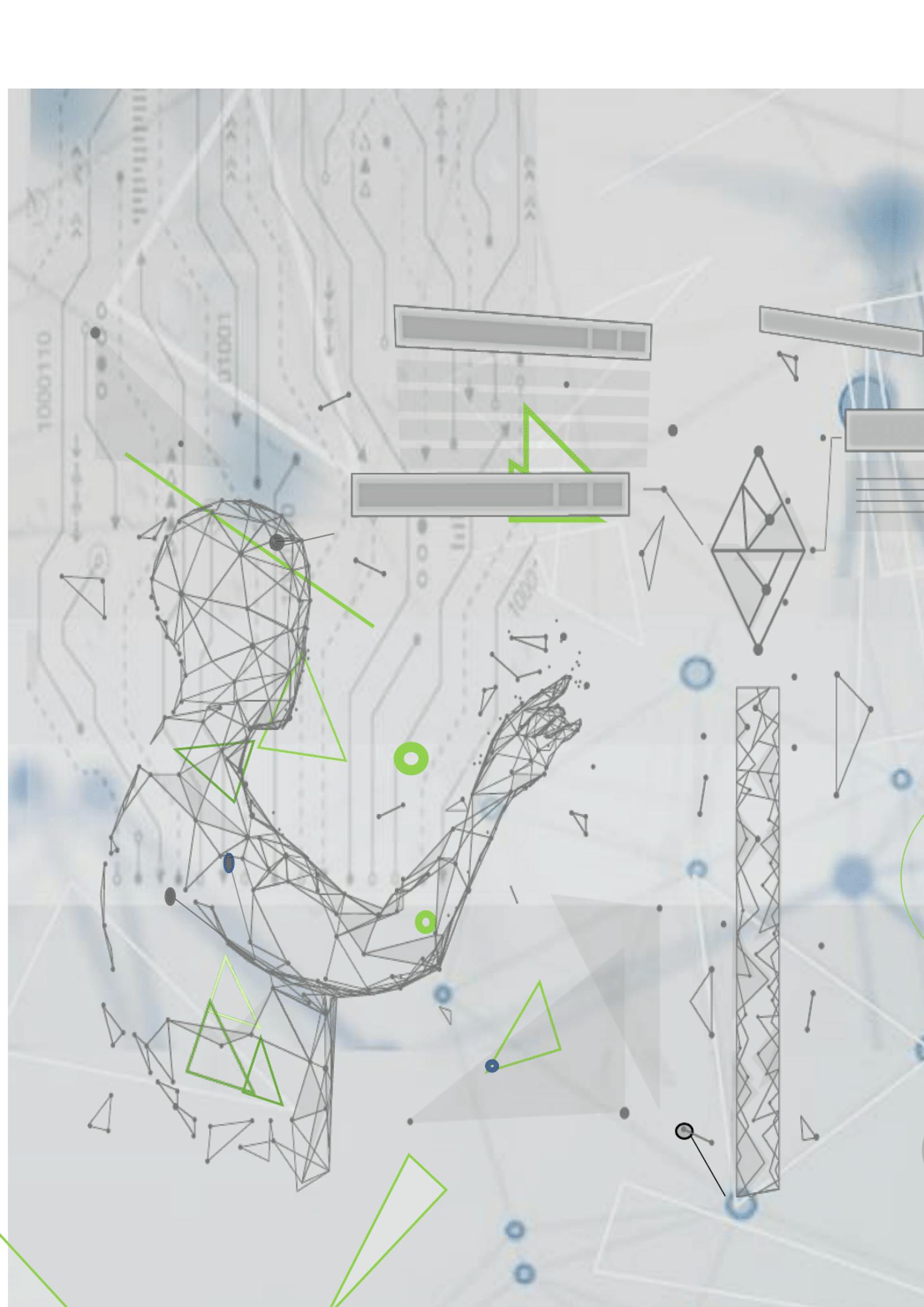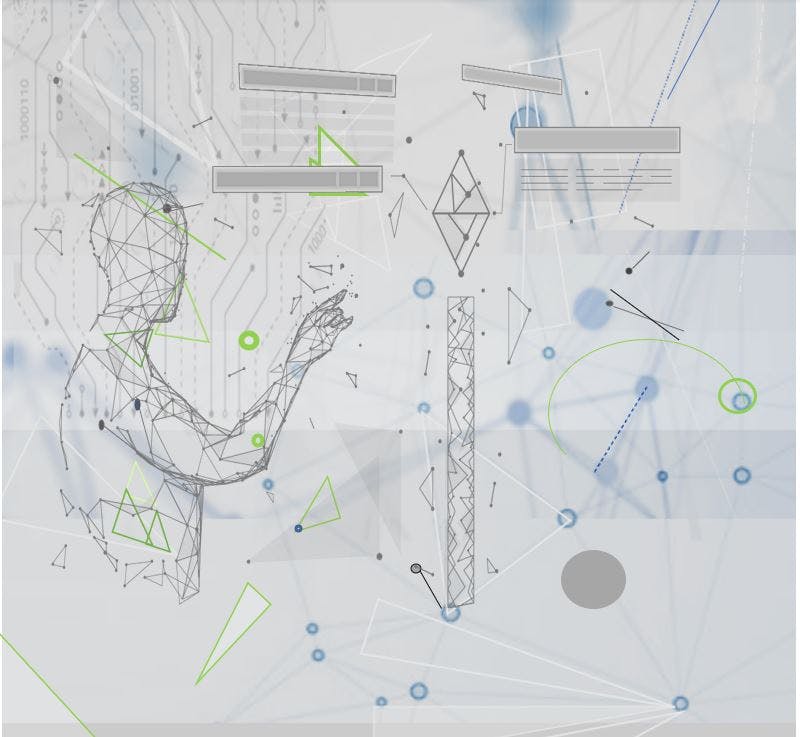The test-beds are an activity of the ARETE project, short for ‘Augmented reality interactive educational ecosystem’, with researchers leading a pilot designed to accelerate the uptake of augmented reality (AR) in education.
Funded by the European Union’s Horizon 2020 research and innovation framework program, ARETE is developing a Europe-wide competitive ecosystem that supports the dissemination of Augmented Reality and Mixed Reality content in education. It does this with MirageXR platform, the OU's user-friendly augmented reality authoring tool and learning management system.
The pilot will evaluate (quantitatively and qualitatively) how well the MirageXR supports teachers in designing XR learning experiences, through to full courses. Crucially, teachers and course designers do not require prior AR experience to use MirageXR.
Tried and tested human-centred authoring tools
Research in early test-beds and prior pilots have shown that the introduction of AR in education at scale requires tailored authoring tools to be localised in the control of teacher. This has been shown, through practice and feedback, to support the production of bespoke AR learning experiences for the mainstream as well as for the Long Tail.
On the adoption of the technology in early test-beds, Dr Lisa Bowers, Research Fellow in IET, commented:
"We have found that the drive of technology for the use of humans has shifted to the drive of humans using technology."
"Educators have started to build a culture round the use of the content. As this 'technology-gossip' has formed, it has become clear that the use of eXtended reality technology could be possible in the context of a normal classroom setting."
"Teachers who have taken part in our pilot have been provided with the tools to create experiences for themselves. This is uniquely different compared to how other AR or VR [virtual reality] content is developed, which is typically developed for teachers without the scope for self-authorship. This set of tools and our approach has been found to empower educators too develop resources themselves and tailor learning experiences to students."
"This tech is being given to pre-service teachers, who are teachers that are already in training. This helps facilitate an environment for teachers to be able to embrance the technology and implement it in empowered ways across their future experiences in teaching institutions."
"The human centredness of tech gossip as a pedagogy has been observed through the study, in how extended reality professionals and our participants share their experience towards best practice.
"We are aware that teachers are time-poor. The opportunity to use the technology in a pre-teaching capacity can allow teachers to spike the interest of their students and accelerate their practice towards academic goals.
"The design of authoring learning experiences in a multi-modal fashion allows students to receive information in different ways,, and that learning experience is much more involved, interactive and immersed".
The ARETE project is building on the success of three successful pilots, as well as receiving a CEN/CENELEC Standards+Innovation Award 2022 for Best Research Project, acknowledging the important contribution of research and innovation to standardisation. Read more about the award below.



